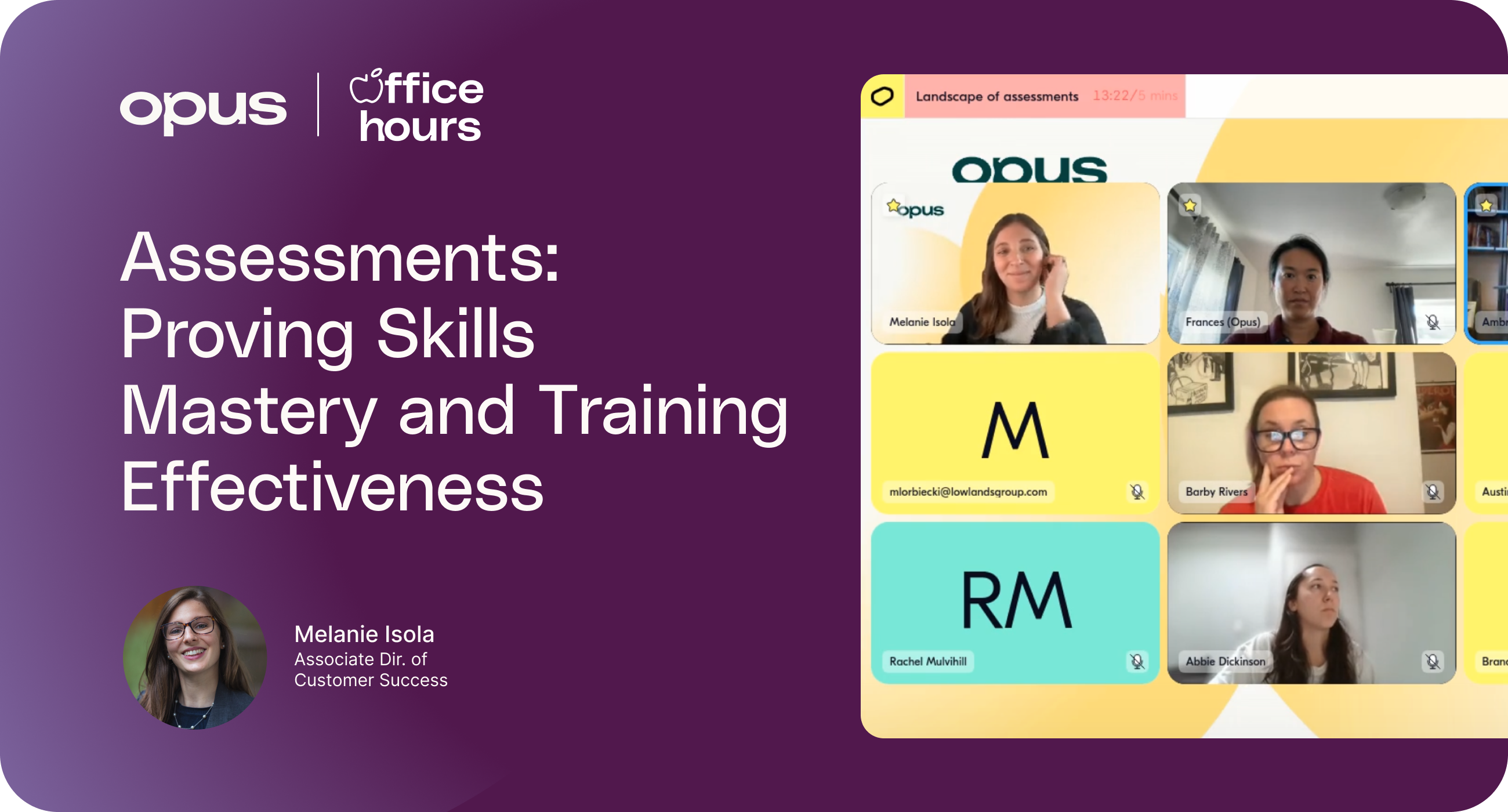In a recent discussion about artificial intelligence in the restaurant industry, experts Gregg Majewski and Rachael Nemeth unveiled critical insights into how AI can transform workplace learning and operations while preserving human elements. Read on for three key takeaways from their conversation:
AI as an Operational Enhancer, Not a Replacement
AI's most promising applications lie in back-of-house operations, aimed at improving employee experiences and operational efficiency. The technology should be viewed as a tool to make employees' jobs easier, particularly in challenging economic environments. Critically, AI is not about replacing workers, but empowering them with more effective training and support mechanisms.
Personalized Learning through Responsible AI Use
AI platforms offer tremendous potential for creating more personalized, iterative training experiences. By leveraging enterprise-level AI tools with proper guardrails, restaurants can develop faster, more adaptive training materials. The key is using AI for initial drafting and inspiration while allowing human trainers to add brand-specific nuance and compassion.
Maintaining Human Connection is Paramount
Despite AI's capabilities, human interaction remains irreplaceable. The technology should serve people, not overshadow them. In practice, this means using AI to create training frameworks and reduce administrative burdens, while ensuring that human trainers provide the emotional intelligence and cultural understanding that technology cannot replicate.
The overarching message is clear: AI in the restaurant industry is a collaborative tool designed to support and elevate human potential, not to diminish the critical role of frontline workers.
Chapters
00:00 Introduction to AI in the Service Industry
06:01 Consumer Behavior and Restaurant Industry Blind Spots
12:00 Implementation of AI in Craveworthy Brands
17:56 AI Governance and Data Protection
23:59 Lightning Round and Audience Q&A



.png)


